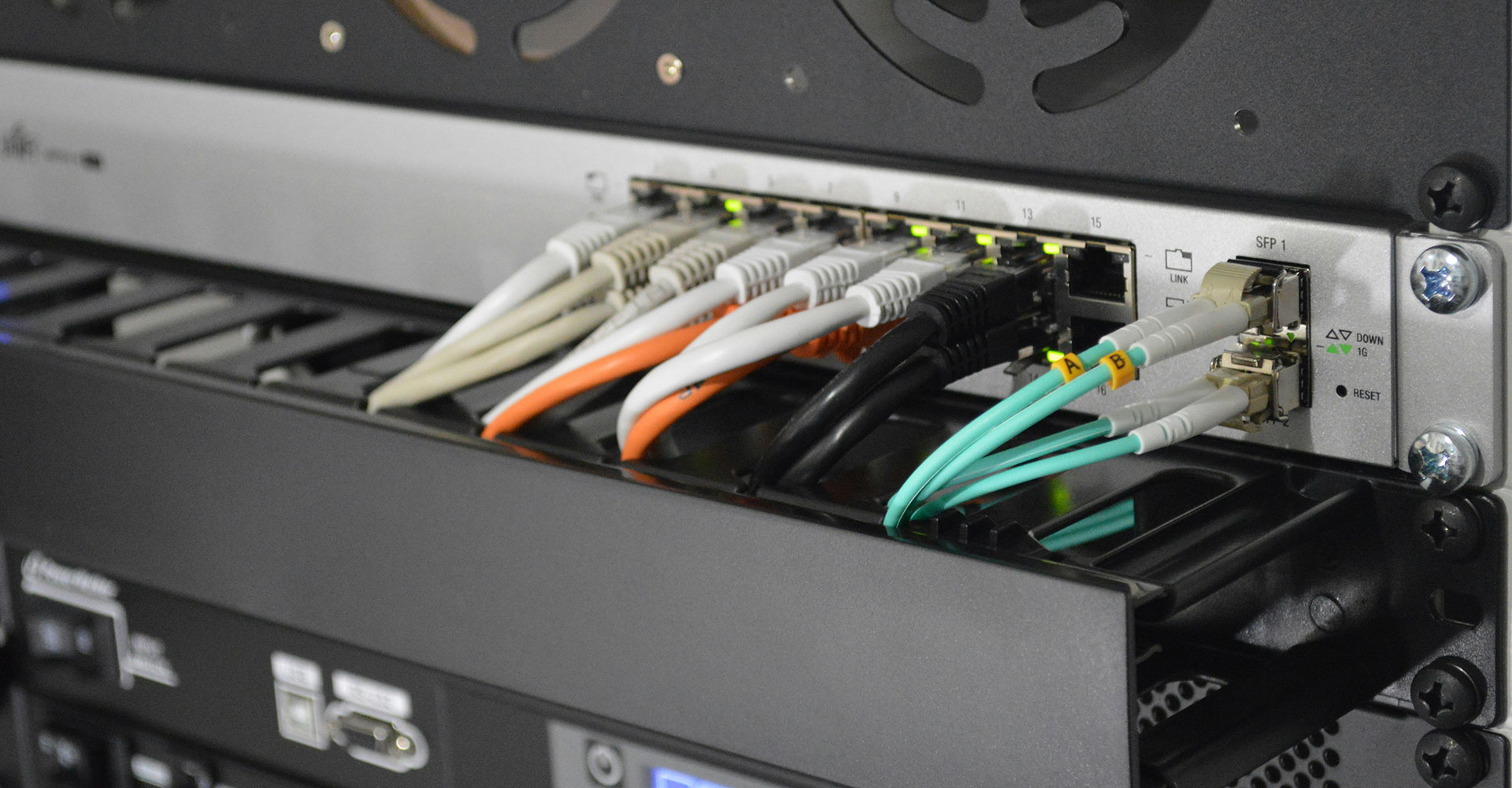Recreational cannabis is currently legalized in ten states and the District of Columbia. New Jersey has plans to join these ranks, as New Jersey lawmakers have been actively drafting cannabis legalization legislation. Due to New Jersey’s population size, it is predicted that New Jersey’s first year of legalized cannabis sales could exceed one billion dollars. By 2026, it is projected that the national adult use cannabis business will become a $50 billion dollar industry. This entire industry will only be successful, though, if there is adequate real estate to support it. States that have successfully legalized cannabis have seen industrial, warehouse, and commercial real estate prices soar. New Jersey will need to prepare for the real estate “green rush” that will result from legalization. However, it is important to understand how federal law impacts state legalization. The differences between the two inform how real estate trends will change.
How Federal Mandates Impact State Legalization
The federal government categorizes cannabis as a Schedule 1 drug. A Schedule 1 classification means that, according to the federal government, cannabis and marijuana have the potential for being easily abused, and they are perceived as offering no medical value. Additionally, transporting a Schedule 1 drug between state lines violates federal law. A state’s legalization process of a Schedule 1 drug cannot override federal law. Therefore, even though New Jersey will fully legalize medical and recreational cannabis, it will remain illegal to transport New Jersey-grown cannabis outside of the state. This is why cultivation space is highly valuable for the cannabis industry. New Jersey’s cannabis growing operations will need to be entirely self-sufficient. Every stage of recreational cannabis must be crafted within the state: from cultivation, to distribution, and even to consumption, every step of the recreational cannabis experience must occur within New Jersey’s borders. In order to sustain such a delicate industry, recreational cannabis businesses will need to obtain vast amounts of industrial real estate space. This will ensure that the industry can grow enough cannabis plants to meet market demand. Thankfully, other states have succeeded in fostering this burgeoning industry in spite of the odds.
Industrial Real Estate Market Grows Alongside Recreational Cannabis
Colorado’s Industrial Boom Bodes Well for New Jersey
In 2012, Colorado was the first state in the nation to legalize recreational cannabis. In the years that have followed, real estate specialists have been examining how the recreational cannabis industry impacts industrial real estate. Between 2014 and 2017, industrial rent prices in Denver rose by 33%. The cannabis industry requires vast amounts of space for plants to be cultivated, which explains why industrial real estate became increasingly valuable. Additionally, climate control is vital to growing cannabis plants, which is why spacious warehouses are valuable to cannabis growing operations. Currently, Colorado’s cannabis industry has a dedicated 4.2 million square feet of industrial space that is used solely for cultivation. Even properties that were once considered less desirable have been seeing high occupation rates: between 2015 and 2016, cannabis cultivation facilities expanded vastly, with over 60% of these operations occupying Class B and Class C industrial spaces. Colorado’s industrial real estate market has massively benefited from the full legalization of cannabis. Using Colorado’s industrial real estate growth pattern as a guide, it is anticipated that New Jersey’s industrial market will see similar patterns of growth.
In the years since Colorado has legalized recreational cannabis, real estate professionals have experienced immense demand for cultivation space. With New Jersey’s population being 1.5 times greater than Colorado’s, New Jersey’s cannabis industry will need to obtain far more industrial real estate. It is estimated that a warehouse would need between 50,000 and 300,000 square feet in order to produce enough recreational cannabis to keep a business competitive. With New Jersey being one of the smallest states – in terms of land area – it will be necessary to find enough space to scale up cannabis production to an industrial scale. While this may seem like an unlikely reality, there are numerous industrial real estate properties that could benefit from legalized recreational cannabis.
Industrial Real Estate Fostering City Growth
Just as Denver saw industrial properties benefit from cannabis operations, so too could New Jersey’s biggest cities. In cities such as Trenton, there are many warehouses that are failing to find tenants, due to undesirable locations and outdated technology. With industrial space being highly valuable in the recreational cannabis industry, it has been observed that old or abandoned properties could be revitalized as cultivation spaces. Many of these properties are quite large, which is additionally beneficial to cannabis operations. This is particularly notable considering that available industrial space is limited in cities. Additionally, half of Trenton’s properties are tax-exempt, being owned either by religious organizations, the government, or hospitals. The other half of available properties could see a stark rise in value. Appropriating these spaces for the cannabis industry could not only revitalize urban centers, but also, cities could see formerly under-performing properties become profitable once more.
Industrial Real Estate Booming in Anticipation of Legalization
In addition to the currently vacant industrial real estate in major cities, there are new construction projects that have added to New Jersey’s industrial real estate portfolio. In 2018, new industrial real estate construction added 10.3 million square feet to the real estate market. In 2018’s fourth quarter alone, there were industrial leases totaling 6.5 million square feet. These new spaces could be rented out to cannabis cultivation operations. Industrial real estate will be highly profitable due to another unique factor: because of the risks of cultivating cannabis, property owners often charge rent that is two or three times higher than market rates. Industrial and warehouse real estate are not the only sectors that will greatly profit from the upcoming New Jersey “green rush.”
Commercial Real Estate Market Revitalized by Cannabis Retail
Malls Could Be a Key Commercial Opportunity
The legalized cannabis industry requires more than warehouse space: in order to sell product at scale, it is necessary to acquire commercial spaces. There will be a demand for retail spaces once New Jersey recreational cannabis sales are fully legalized. It is no secret that American malls have been struggling to retain business in recent years. Between 2010 and 2013, consumer visits to malls declined by 50%. However, moving cannabis retailers into suburban strip malls could revitalize suburban and strip mall real estate. Cannabis retailers have high traffic, which can then attract additional businesses and tenants to a strip mall.
Cannabis retailers have seen grand growth in Colorado. In Denver, there are five times more retail marijuana stores than there are Starbucks locations. One shopping center in Aurora was intentionally refurbished with the intent of rebranding as a cannabis retail hotspot. Prior to its renovation, this mall languished at a 60% occupancy rate. After rebranding as a marijuana marketplace, the mall boasts a 95% occupancy rate. The model of renovating a mall to meet the interests of the recreational cannabis industry has been a proven success. While strip malls are projected to be wildly successful following cannabis legalization in New Jersey, they are not the sole commercial real estate properties that will benefit from legalization.
Tourism Drives Additional Commercial Real Estate Growth
“Marijuana tourism” is a growing industry in numerous cannabis-friendly states. Marijuana tourism can include touring commercial cannabis warehouses, experiencing glassblowing demos, visiting recreational dispensaries, and relaxing in entertainment lounges. Many commercial properties can be involved in this new tourism sector. Restaurants, hotels, clothing brands, and even wineries can join the recreational cannabis industry as tourism hubs. Marijuana tourism has certainly made its impact already. Since 2014, travel booking for Denver has jumped 75% year-over-year. Various commercial properties can re-invent themselves to accommodate this new tourism sector. New Jersey also stands to benefit from marijuana tourism. Since New Jersey-grown cannabis will have to be consumed within the state, marijuana tourism will be a new way to attract visitors. On benefit that New Jersey has over other legalization-friendly states is its location: being in the northeast corridor makes New Jersey highly attractive to its neighbors from Pennsylvania and New York. A variety of commercial properties will benefit from recreational cannabis legalization.
In states where cannabis is already legalized, the “green rush” has caused a renaissance for industrial and commercial real estate. Recreational cannabis requires space for cultivation, distribution, and wholesaling. As cannabis businesses establish themselves in New Jersey, they will seek out properties that will accommodate large-scale production. Tourism businesses will similarly seek out new real estate in order to market to the new marijuana tourism sector. While recreational cannabis is – as of this writing – not yet fully legalized in New Jersey, lawmakers are actively working on new legislation. Rather than wait for legislation to be passed, property owners should prepare for the upcoming cannabis industry now, so that prospective businesses can acquire real estate ahead of time. New Jersey’s legalized cannabis industry will have positive and far-reaching effects on both the industrial and commercial real estate markets.

